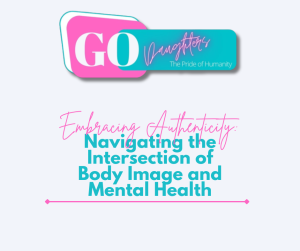
Whether it’s looking for a new job, taking on a new challenge, or the smaller, day-to-day stuff, everyone has heard that little voice in their head tell them they aren’t good enough at some point. For many people, however, that feeling is more frequent, and they are plagued by doubt and self-doubt.
Self-doubt is frequently rooted in our childhood experiences. If we grow up believing we are good enough, we may believe we are competent in our choices and confident in our abilities. Similarly, if we grow up believing we will never be good enough, we will limit what we do, believe we do not deserve to do well, and lack confidence in our accomplishments.
Recognize the influence that self-doubt has. when you say you can’t or doubt yourself, the brain accepts the imagery and feelings as real and turns them into actions. This is because the brain cannot tell the difference between imagined and real responses. Everything you are thinking about right now will be supported and realized by the human system because it is so strong.
Create a more complete image of yourself. Remember that there are numerous ways to perceive yourself because we are multidimensional beings. You are more than your job title or family role; you are an infinite number of things with infinite value. So we must recognize that we have many qualities and develop a sense that these qualities are valuable in various ways. The next step is to actually believe ourselves when we say these are valuable qualities to consider when appreciating our own self-worth.
There will have been times in your life when you succeeded and felt fantastic without a shadow of a doubt. You can start overcoming doubt by recalling these instances, but take it a step further and consider the future as well. Imagine carrying out the task at hand and experiencing success. Continually imagine yourself moving through the situation with more assurance, hear yourself saying that you believe you can succeed, and then actually experience how that feels.
When something goes wrong, reconsider your response. Doubting yourself is inextricably linked to the fear of failure, but what if failure wasn’t such a bad thing? Accept that mistakes are unavoidable; if you’re not making them, you’re not learning. The important thing is not to blame yourself, but to assess what went wrong. This way, you can see yourself as someone who is constantly learning and improving, rather than someone who is constantly making mistakes and failing.




